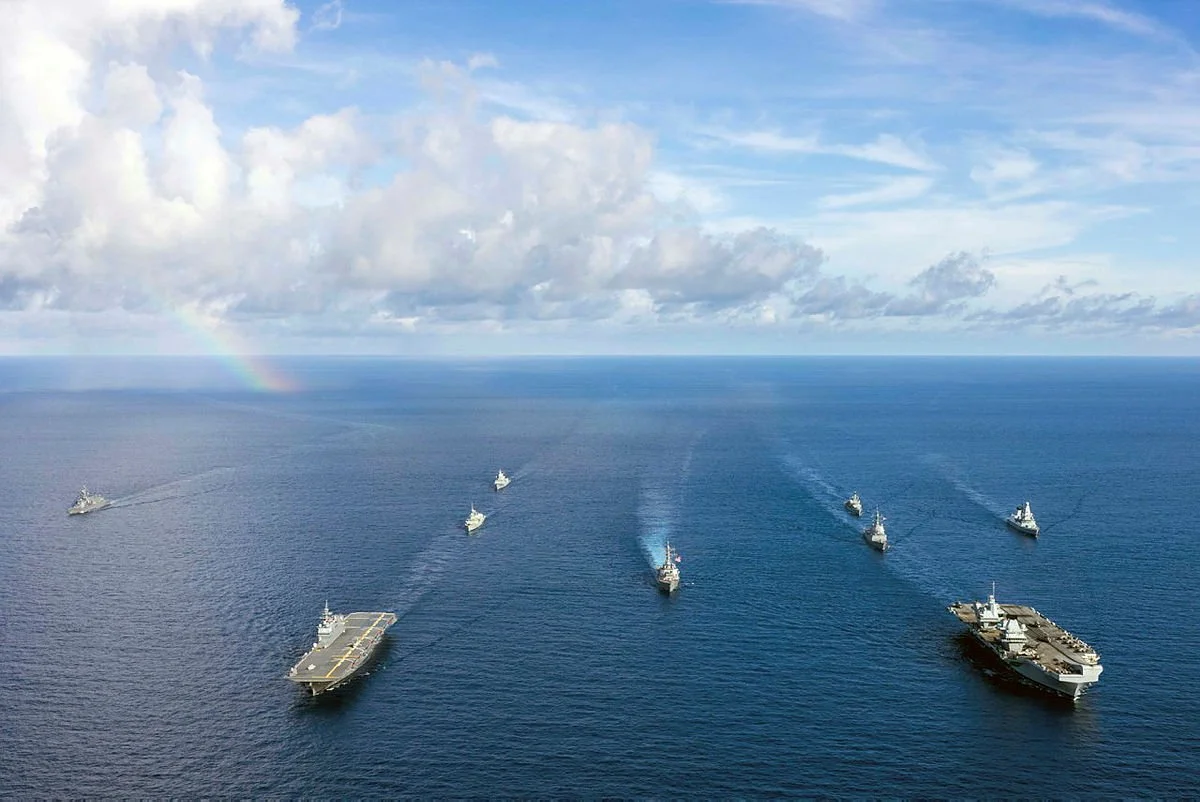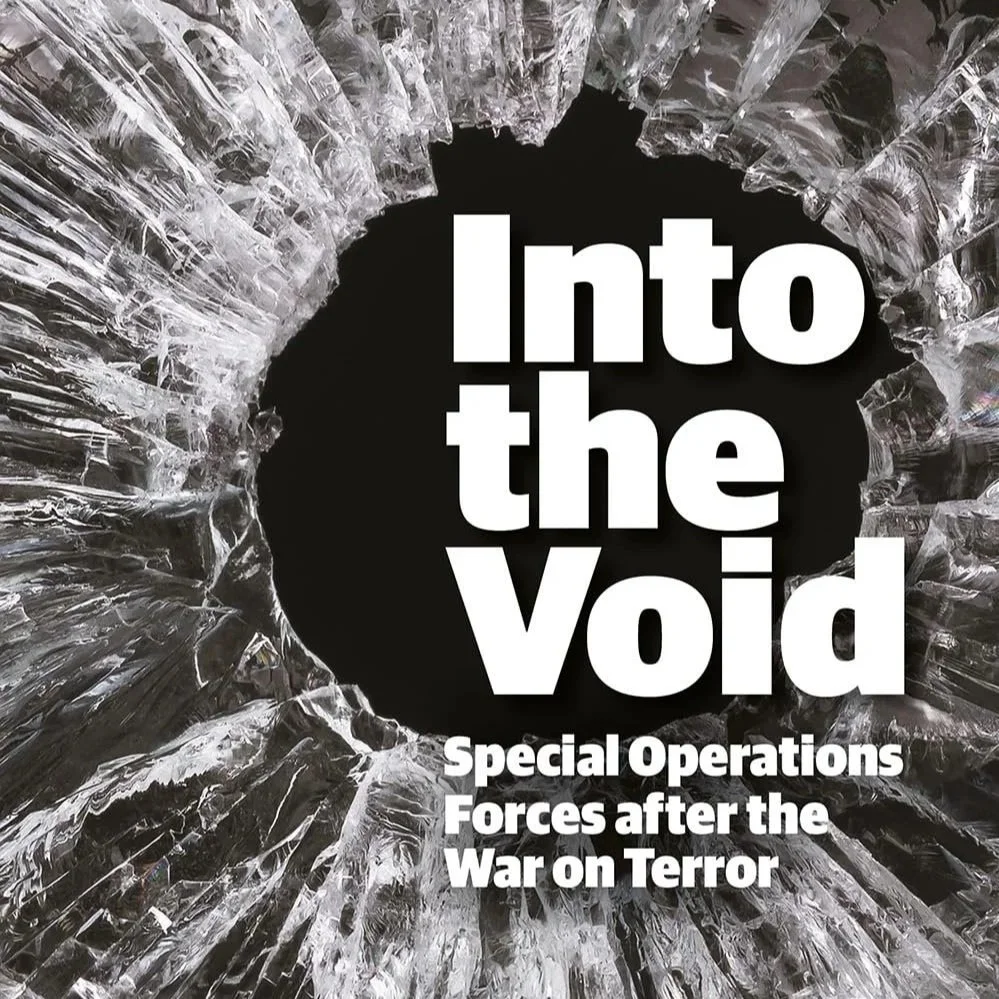An exploration of the existential threat posed by commercial first person view (FPV) UAVs, modified by asymmetrical warfare actors
Chris Lavers
We consider the threat posed by Commercially-Off-The-Shelf (COTS) civilian UAV platforms, modified for hostile non-state actor use in civilian, and urban warfare environments. Potential aggressors possess small-scale conflict ‘skills’ gained in Syria and Iraq by various Islamist groups, including Al Qaeda and ISIS, with ‘gamer’ first person view technology, alongside innovations markedly increased during COVID, with modified UAVs operated in various novel ways. Technology has blurred the distinction between civilian modified UAV and military drone operators so that clearly demarked war-fighting battlefronts are harder to define, nor combatants distinguishable from civilians. Non-state aggressors with UAV platforms, may now hide effectively amongst civilians, the urban guerrillas’ domain.
The last decade saw the dawn of asymmetric warfare by non-state actors incorporating small, cheap, hand-launched drones, often indigenously manufactured, using simple materials with low radar cross-section (RCS), visible, and thermal signatures. Modification of COTS UAVs by hostile actors for nefarious activities, pose an existential threat, with terrorist operations against critical infrastructure, or IED deployment in conventional urban operations possible at any time. Understanding of this emerging threat is needed, from design to operation, to develop effective countermeasures.
We look at the evolving UtD pathway, UK vulnerability, counter-drone effectiveness, policy and practice. In the hands of urban guerrillas or overseas trained terrorists, UtD unconventional methods allow targeting of political goals, civilian attacks, government disruption, or assassination. Urban terrorists may employ drones to systematically inflict damage to authorities, to wear down, or demoralise, sustaining operations and tactics without defending recognised operations bases, preventing conventional forces ‘squaring-off’ against them, in confrontations they would likely lose. Drones provide tactical advantages, with surprise, acting in swarms at speed, often hard for ground forces to match. Addressing emerging hostile actor threats, with resources currently allocated to the UK Armed Forces, including UtD operation, will be challenging. This discussion is supported by ‘anonymous’ conversations with key military and civilian users.
Chris Lavers is a Visiting Research Fellow at SST-CCW. He is a University of Lincoln Senior Engineering Lecturer at Britannia Royal Naval College, Dartmouth, and has taught maritime littoral and amphibious sensing topics, and space-based earth observation at Britannia since 1993. He is Subject Matter Expert (Radar and Telecommunications) and International DipHE Programme Manager, with interest in the pedagogy of teaching engineering and physics in Higher Education military establishments, and student staff mentoring.
Chris has a Physics degree, and Doctorate, in liquid crystal optical display time at the Royal Signals and Radar Establishment Malvern with the SP3 liquid crystal team. He then undertook a post-doctoral position in Biosensors at Southampton University, pioneering development of advanced optical sensors for antibody detection, future medical sensors, and biochemical environmental applications working with the Public Health Laboratory Service Porton Down, and Liverpool University. Chris' current research interests focus on military technologies transfer into civilian applications including counter drone technology, autonomous platform optical stealth, optical and waveguide microwave sensing, and analysis of high resolution satellite imagery for UAV humanitarian crises and armed conflicts.























